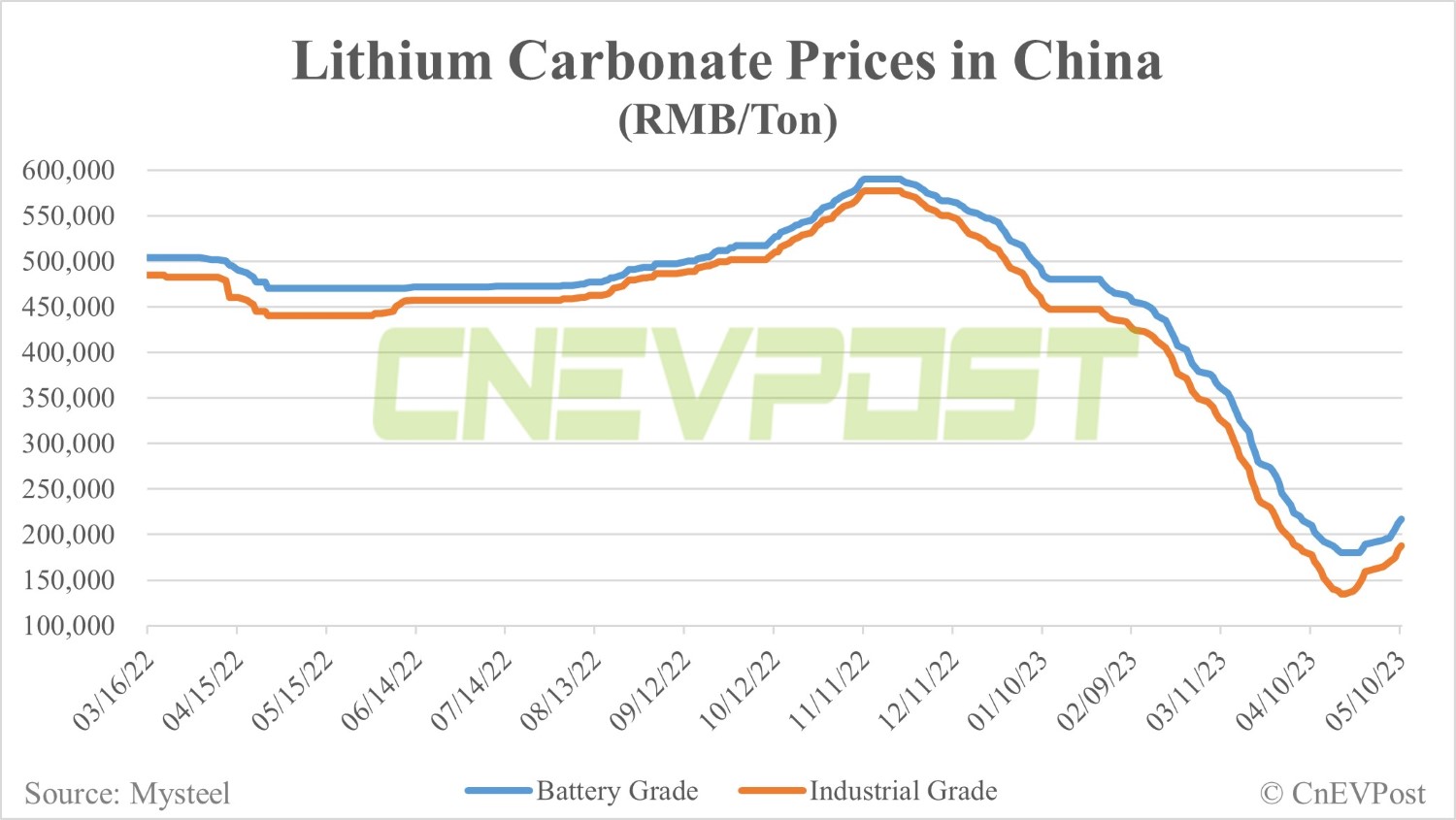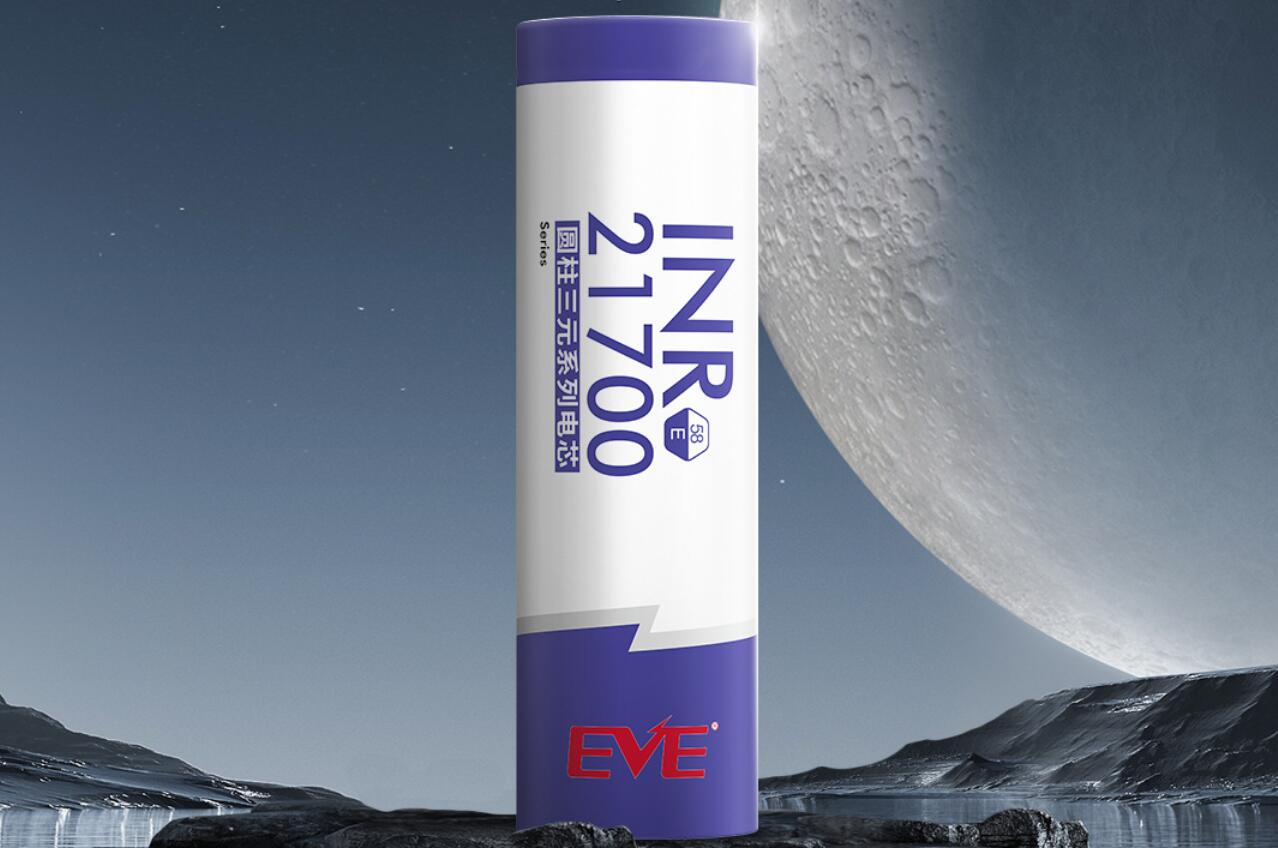Prior to entering Malaysia, Neta's efforts in Southeast Asia focused on Thailand and began construction of a Thai factory in March.

(Image credit: Neta)
Neta Auto, the electric vehicle (EV) brand of Hozon Auto, has entered Malaysia as it ramps up its efforts to expand into the Southeast Asian EV market.
Neta recently officially launched the right-hand drive version of its compact SUV Neta V for local consumers at Malaysia's largest auto show, according to a press release from the company yesterday.
Several Malaysian government officials attended the Neta V launch, according to Neta, whose press release did not announce a local price or expected delivery schedule for the model.

Neta has been seen as a budget EV maker since its inception, as its vehicles are priced primarily for the lower-end market.
The Neta V and Neta U are priced in China at around 100,000 yuan ($14,390) to 150,000 yuan. The company is looking to enter the higher end of the market in China with the higher-priced Neta S flagship sedan.

Prior to entering Malaysia, Neta's efforts in Southeast Asia were focused on Thailand.
On August 24, 2022, the right-hand drive version of the Neta V was launched in Thailand, its first model offered there.
On March 10 this year, Neta laid the foundation stone for its plant in Bangkok, Thailand, which will be its main manufacturing base for building right-hand-drive EVs for export to ASEAN.
The plant, Neta's first overseas plant, will have a capacity of 20,000 units/year when completed and is expected to be operational by the end of January 2024.
Neta plans to expand its overseas business to more regions such as the Middle East and the European Union, making it a brand recognized and trusted by consumers around the world, said Zhang Yong, co-founder and CEO of the company, at the groundbreaking ceremony for the Thai plant.
To date, Neta already has a European division, a Thai subsidiary and has launched three products for overseas markets, including the Neta V right-hand drive version, it said in the press release yesterday.
Neta delivered 11,080 vehicles in April, which was up 25.72 percent from 8,813 units in the same month last year and up 9.84 percent from 10,087 units in March, the company announced on May 1.
The flagship Neta S delivered 2,237 units in April, up 1.41 percent from 2,206 units in March, according to the company.
Neta has a sales target of 300,000 units in 2023, local media China Securities Journal reported on February 7.
The EV maker sold 152,073 units in 2022, up 118 percent year-on-year, including 3,456 units delivered overseas, according to data it previously announced.
($1 = RMB 6.9487)
The post Neta taps into Malaysian EV market with local launch of Neta V appeared first on CnEVPost.
For more articles, please visit CnEVPost.




















